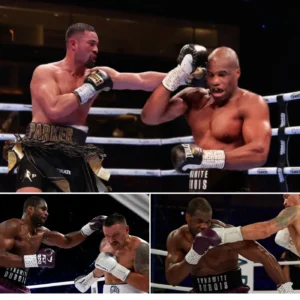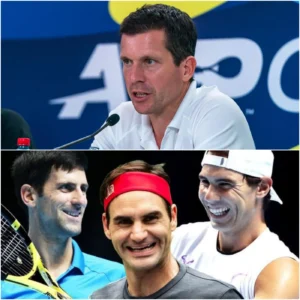Deontay Wilder’s Legacy: A Knockout King or Just a One-Dimensional Fighter?
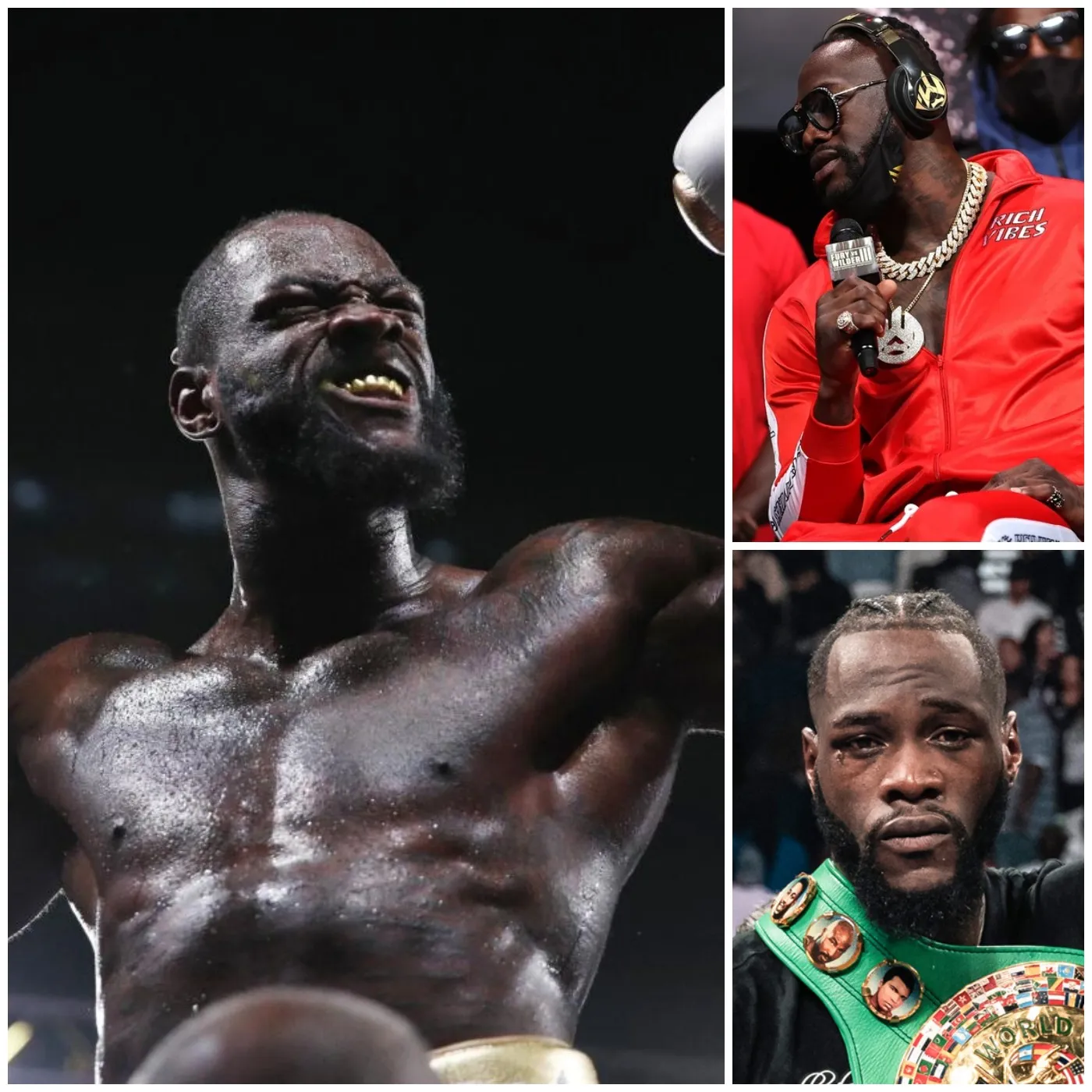
Deontay Wilder, also known as “The Bronze Bomber,” has etched his name in boxing history as one of the most powerful punchers ever to grace the sport. With an incredible knockout ratio, Wilder’s career has been defined by his ability to end fights in dramatic fashion. But as fans and analysts look beyond the knockouts, the question remains: Can Wilder be considered an all-time great, or does his lack of versatility diminish his legacy?
The Unparalleled Power of Deontay Wilder
Wilder’s rise to prominence was meteoric, fueled by his electrifying knockout streak. Boasting 43 knockouts in 46 wins, his record speaks volumes about his raw power. His right hand, often described as a “nuclear weapon,” has become one of boxing’s most feared weapons.
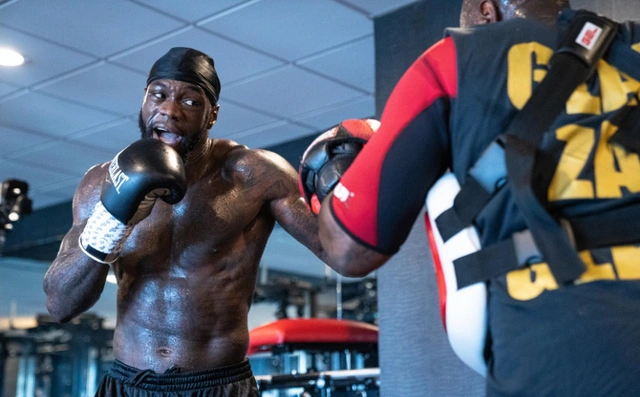
This devastating power led Wilder to a five-year reign as the WBC heavyweight champion, during which he successfully defended the title 10 times. His ability to end fights with a single punch made him a fan favorite and brought excitement back to the heavyweight division.
The Question of Versatility
Despite his success, Wilder has faced criticism for his lack of technical skill and adaptability in the ring. Unlike fighters such as Oleksandr Usyk or Tyson Fury, Wilder’s style relies heavily on his ability to land one devastating punch rather than a well-rounded boxing strategy.
His trilogy with Fury exposed these limitations. Fury outboxed Wilder in their second fight, neutralizing his power and delivering a seventh-round stoppage. In their third meeting, while Wilder showed tremendous heart and resilience, Fury’s superior boxing IQ ultimately prevailed.
This reliance on power over skill has led many to label Wilder as a one-dimensional fighter. Critics argue that while his knockouts are thrilling, they reflect a lack of versatility that prevents him from competing with the very best in the division.
Can Wilder Be Considered an All-Time Great?
To be considered an all-time great, a fighter must demonstrate more than just power. Technical skill, adaptability, and the ability to overcome adversity against elite competition are often the hallmarks of greatness. While Wilder’s knockout streak is remarkable, his resume lacks victories over top-tier opponents in their prime.
His most notable wins include triumphs over fighters like Luis Ortiz, who, while talented, lacked the same level of global acclaim as Fury or Usyk. When faced with fighters of Fury’s caliber, Wilder struggled to adjust, relying solely on his power to bail him out.
The trilogy with Tyson Fury has become the centerpiece of Wilder’s career, but it has also raised questions about his place in boxing history. While the first fight ended in a controversial draw, many felt Fury outboxed Wilder.
The second and third fights left little doubt about Fury’s superiority. Wilder’s inability to adapt to Fury’s movement, size, and technical skill highlighted the limitations of his one-dimensional style. These losses, particularly the decisive nature of the second fight, tarnished Wilder’s aura of invincibility.
Comparisons to Other Heavyweight Legends
When comparing Wilder to all-time great heavyweights like Muhammad Ali, Lennox Lewis, or Mike Tyson, the gaps in his resume become apparent. These fighters combined power with technical skill, adaptability, and the ability to defeat elite opponents in high-stakes fights.
While Wilder’s knockout power rivals that of Mike Tyson, his lack of versatility and limited success against top-tier competition place him below these legends in the eyes of many analysts.
Despite the criticism, Wilder’s story is not over. At 38 years old, he still possesses the power to change the outcome of any fight. A victory over a top contender like Anthony Joshua, Oleksandr Usyk, or a rematch with Fury could significantly enhance his legacy.
To achieve this, Wilder must evolve as a fighter. Relying solely on his right hand will not be enough against today’s technically proficient heavyweights. Improving his footwork, defense, and ability to fight on the inside will be crucial if he hopes to reclaim his place among boxing’s elite.
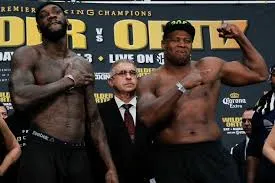
The Mental Aspect of Wilder’s Legacy
Beyond the physical, Wilder’s mental approach to the sport has also been scrutinized. His post-fight excuses after losing to Fury—including blaming his ring-walk costume and accusing his trainer of betrayal—have led some to question his ability to handle adversity.
To solidify his legacy, Wilder must demonstrate not only improved technical skills but also greater mental toughness. Accepting responsibility for his losses and focusing on growth will be key to regaining respect in the boxing world.
A Legacy of Power, but Is It Enough?
Deontay Wilder’s knockout power is undeniable, and his impact on the sport of boxing cannot be overstated. He brought excitement and drama to the heavyweight division, captivating fans with his ability to end fights in an instant.
However, greatness in boxing requires more than just power. Wilder’s reliance on his right hand, combined with his lack of success against elite opponents, has led many to question whether he can truly be considered an all-time great.
If Wilder hopes to secure his place in boxing history, he must evolve as a fighter and take on top-tier opponents. Whether he can rise to the challenge or remain a one-dimensional knockout artist will ultimately define his legacy.

